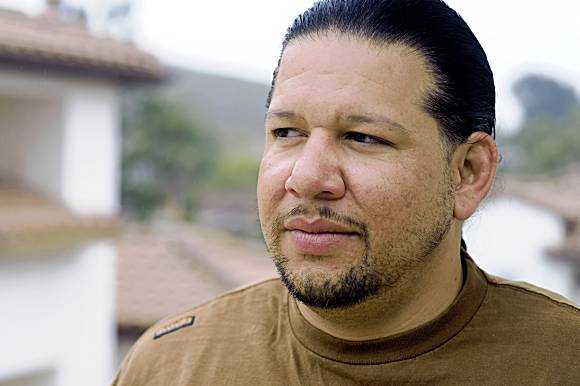
Hector Veloz is a U.S. citizen, the son of a decorated Vietnam veteran. But, in 2007 he was thrown in an Arizona prison for 14 months when he was mistaken for an illegal immigrant. Veloz was able to prove his citizenship from behind bars with the help of an aunt who tracked down his and his father’s birth certificate plus his parent’s marriage certificate, and his father’s school, military and Social Security records.
After being unlawfully detained for nine months, a judge determined that he was in fact a citizen. Immigration authorities appealed, resulting in Veloz being detained five more months before he found legal help and was able to get his case dropped. “It was a nightmare,” said Veloz, 37, a Los Angeles air conditioning installer.
Unfortunately, Veloz is one of hundreds of U.S. citizens who has found themselves in similar situations. According to advocacy groups and legal scholars, numerous U.S. citizens land in the custody of the U.S. Immigration and Customs Enforcement (ICE) and have to struggle to prove they do not belong there. By law, immigration authorities, such as ICE, only have jurisdiction over noncitizens – citizens cannot be deported.
Since immigration detainees do not have constitutional protections, such as the right to legal council, it falls to the detainees themselves to prove their citizenship. Many of the people who end up in immigration custody are those who have the toughest time proving citizenship. Some were born abroad and acquired citizenship though a U.S. born or naturalized parent; others have mental health problems and frequently these people are poor and cannot afford a lawyer to aid in the process.
“These are people who are the most vulnerable,” said Judy Rabinovitz, deputy director of the ACLU Immigrants Rights Project. “People are being locked up without bond hearings, often for long periods.”
ICE officials claim they would never knowingly detain or deport a U.S. citizen. When asked about citizens who wind up in immigration detention, Homeland Security Secretary Janet Napolitano, who oversees ICE, said “We’re always concerned about that. If there’s an error made, we want to rectify it as soon as possible.”
Many advocates say that because immigration proceedings are civil, not criminal, constitutional protections do not apply, and, therefore, these U.S. citizens in immigration detention are not being given due process – something that the Constitution provides to protect citizens from being unlawfully detained.
According to a March report by Amnesty International and several federal audits, immigration detainees are often shipped to jails far from their homes where free legal aid is not available, their families are not informed of what is going on, and many times they are denied access to telephones, mail and even medical care.
“The system is set up so even if they believe you, you have to prove it in court. It could take six months to five years to prove it and you’re detained in the meantime,” said Holly Cooper, who helped Veloz win his freedom on appeal. “You give up your citizenship at the prison door.”

This is so unfair. Can’t believe this still happens.